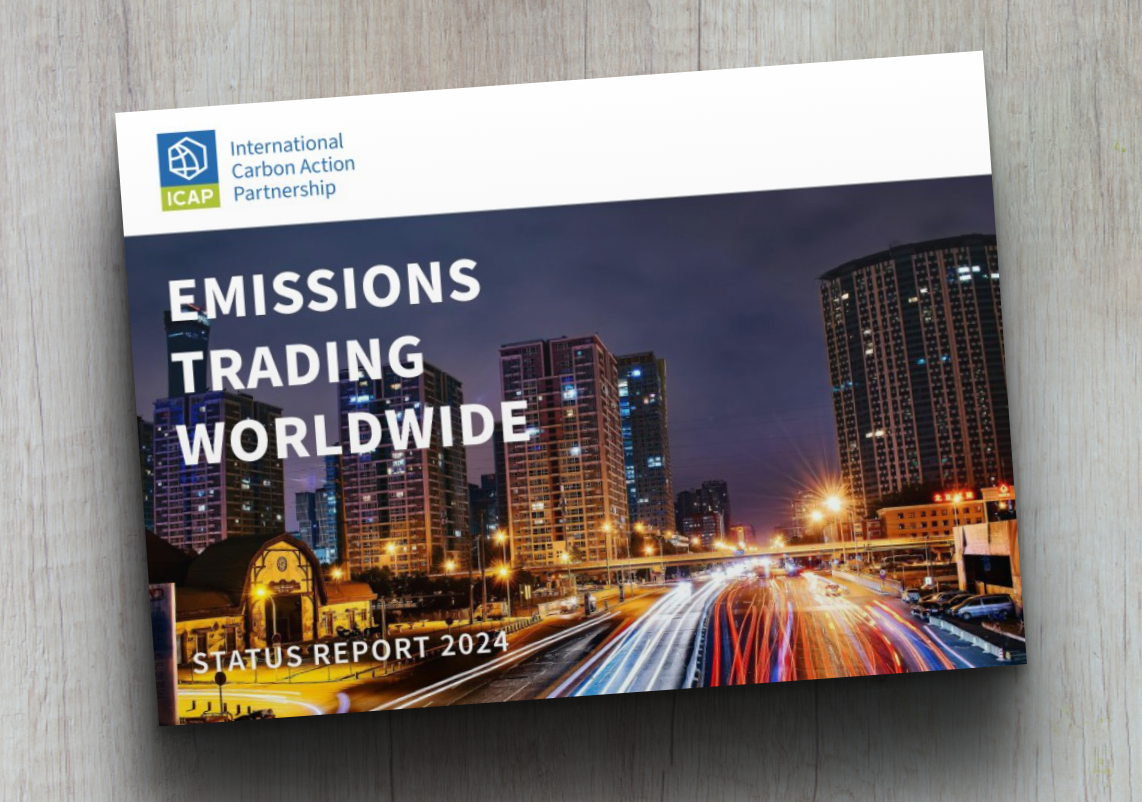
As the world witnessed the warmest year on record, governments are increasingly turning to emissions trading, finds the International Carbon Action Partnership’s (ICAP’s) Emissions Trading Worldwide 2024 Status Report.
Governments around the world are increasingly turning to emissions trading systems (ETSs) as part of their policy response to the climate crisis, with those in emerging economies in particular gaining momentum.
This year’s ICAP Emissions Trading Worldwide Status Report finds a growing number of systems are under development or consideration, including in Argentina, Brazil, India, Türkiye and Vietnam, among others. Developed economies such as Canada and the European Union are also looking to create new systems to expand carbon pricing to new sectors in a bid to drive down emissions.
“2023 was the planet’s warmest year on record – a stark reminder of the urgency for action,” says Stefano De Clara, head of the ICAP Secretariat.
“Emissions trading is a proven policy tool which can cut emissions faster, and at a lower cost, than other options. The uptake of emissions trading captured by this year’s report is encouraging, as are the innovations and fresh thinking some jurisdictions are bringing to the table to make it work for their local circumstances.”
This year’s report also includes, for the first time, an overview of key trends around the world as well as factsheets on intensity-based emissions trading systems, to reflect the growing use of this approach.
The world’s compliance emissions markets raised a record-breaking USD 74 billion in 2023, buoyed by higher prices in some systems – notably the EU and UK – as well as an increased use of auctioning to distribute allowances. These proceeds are often channeled into further initiatives to cut emissions, such as low-carbon technologies, research and development, or energy efficiency measures, while some jurisdictions also use them to support lower-income communities in reducing emissions.